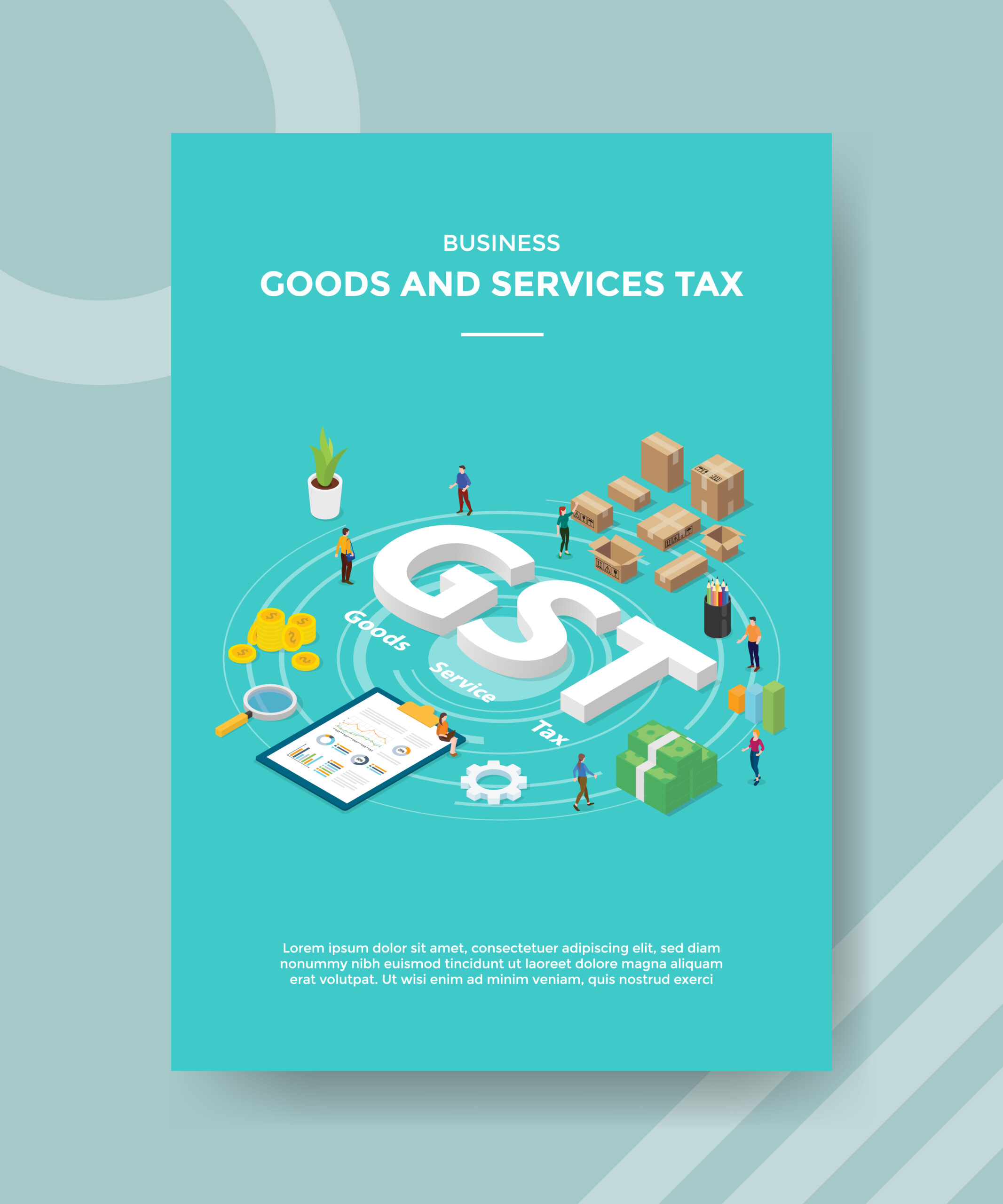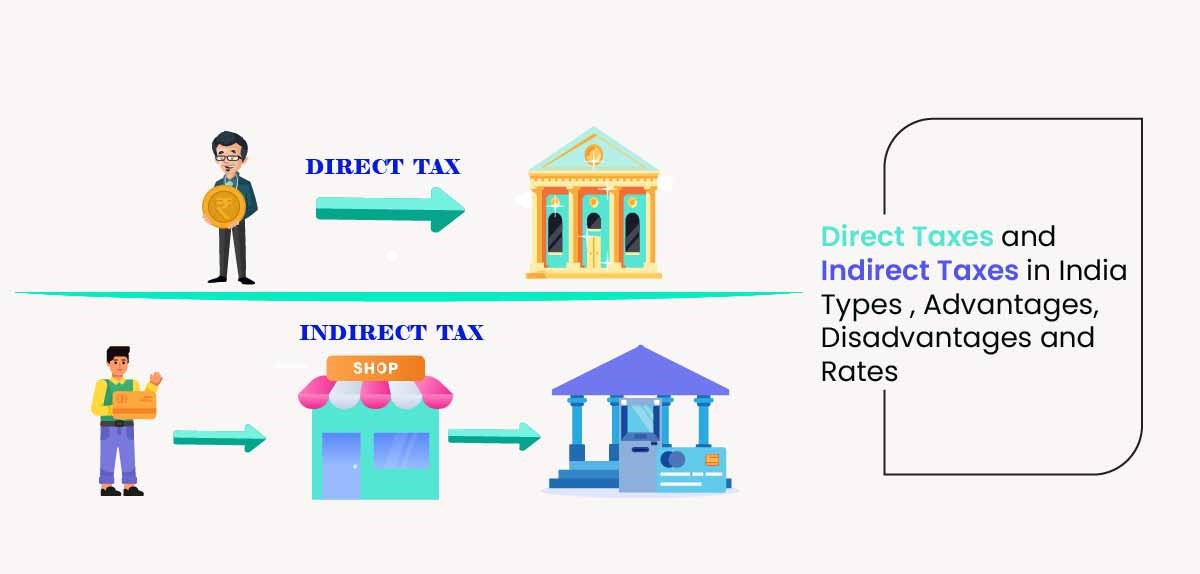Commerce is a dynamic field that bridges the gap between theoretical knowledge and practical applications in business, finance, and economics. After completing 12th grade in commerce, students have a plethora of career options to choose from, each offering unique challenges and rewards. This article provides a detailed overview of the major career paths, explaining their scope, the skills required, and the expected salaries in India.
1. Chartered Accountant (CA)
Overview
Chartered Accountancy is widely regarded as one of the most prestigious career options for commerce students. CAs are financial experts who manage accounting systems, conduct audits, and ensure financial transparency in businesses. They play a pivotal role in strategizing business growth, minimizing taxes, and adhering to regulatory frameworks. The profession offers high growth potential and job stability, with opportunities across industries, including banking, insurance, manufacturing, and consulting.
Key Responsibilities
- Auditing and certifying financial statements.
- Taxation and financial planning for individuals and corporations.
- Advising companies on mergers, acquisitions, and investments.
Pathway
- Register for the CA Foundation course and clear its examination.
- Progress to the Intermediate and Final levels while completing a 3-year articleship under a practicing CA.
Expected Salary
- Entry Level: ₹6–8 LPA
- Mid-Level: ₹12–15 LPA
- Senior Level: ₹20+ LPA
2. Company Secretary (CS)
Overview
A Company Secretary ensures that a company complies with legal and regulatory requirements, making this role critical in corporate governance. CS professionals serve as the link between the company’s board and regulatory authorities. This career is ideal for students with a strong interest in law, corporate structure, and compliance management. CS professionals are in demand across sectors, particularly in publicly listed and large private companies.
Key Responsibilities
- Managing company records and ensuring legal compliance.
- Drafting corporate policies and resolutions.
- Advising directors on governance best practices.
Pathway
- Enroll in the CS Foundation course, followed by Executive and Professional levels.
- Complete a training program for practical exposure.
Expected Salary
- Entry Level: ₹4–6 LPA
- Mid-Level: ₹8–12 LPA
- Senior Level: ₹15+ LPA
3. Cost and Management Accountant (CMA)
Overview
CMAs specialize in financial strategy, cost control, and efficiency optimization, making them integral to a company’s financial health. They help organizations make informed decisions by analyzing costs and implementing systems for better resource management. CMAs work in diverse sectors, including manufacturing, IT, and consultancy, and are often seen as the backbone of internal financial systems.
Key Responsibilities
- Conducting cost audits and preparing cost statements.
- Developing pricing strategies and budgetary control systems.
- Assisting management with strategic financial planning.
Pathway
- Pass the CMA Foundation, Intermediate, and Final exams conducted by ICMAI.
- Gain practical experience through mandatory training.
Expected Salary
- Entry Level: ₹5–7 LPA
- Mid-Level: ₹8–12 LPA
- Senior Level: ₹15+ LPA
4. Bachelor of Commerce (B.Com)
Overview
The Bachelor of Commerce (B.Com) is a foundational degree that provides students with an understanding of core business principles, accounting, finance, and economics. It serves as a gateway to higher studies such as MBA, CA, or CMA. With specializations in finance, marketing, or analytics, B.Com graduates are prepared for a variety of roles in both private and public sectors.
Specializations
- Accounting and Finance
- Banking and Insurance
- Marketing Management
- Business Analytics
Career Opportunities
- Accountant
- Financial Analyst
- Tax Consultant
Expected Salary
- Fresher: ₹2–4 LPA
- Experienced Professional: ₹6–8 LPA (after advanced certifications)
5. Bachelor of Business Administration (BBA)
Overview
BBA is a professional undergraduate program designed for students aiming to pursue careers in management and leadership roles. The course combines theoretical knowledge with practical applications through internships and projects. Specializations in HR, marketing, or finance provide a solid foundation for an MBA or direct entry into the corporate world.
Specializations
- Human Resources
- Marketing
- Finance
- International Business
Career Options
- Business Development Executive
- Marketing Manager
- Operations Analyst
Expected Salary
- Entry Level: ₹3–5 LPA
- Mid-Level: ₹7–10 LPA
- Senior Level: ₹12+ LPA
6. Bachelor of Economics
Overview
A Bachelor’s degree in Economics focuses on economic theories, statistical techniques, and analytical tools to address real-world challenges. Students gain insights into global markets, public policies, and financial systems, making it ideal for those interested in data-driven decision-making. Graduates often work in research institutions, think tanks, or financial corporations.
Career Options
- Economist
- Data Analyst
- Policy Researcher
Expected Salary
- Entry Level: ₹3–6 LPA
- Mid-Level: ₹8–12 LPA
- Senior Level: ₹15+ LPA
7. Law (LLB)
Overview
Law is a versatile career path for commerce students who wish to specialize in corporate, tax, or business law. Lawyers ensure compliance with legal norms, resolve disputes, and negotiate contracts. Pursuing law after commerce allows students to combine their financial acumen with legal expertise, making them highly sought after in the corporate world.
Career Options
- Corporate Lawyer
- Tax Consultant
- Legal Advisor
Pathway
- Enroll in an integrated 5-year law program (BBA LLB or B.Com LLB) or a 3-year LLB after graduation.
Expected Salary
- Entry Level: ₹3–5 LPA
- Mid-Level: ₹8–12 LPA
- Senior Level: ₹20+ LPA
8. Banking and Financial Services
Overview
Banking and financial services offer lucrative careers for commerce students, combining financial analysis with customer service. Jobs in this sector often involve risk management, investment planning, and loan services. With government and private banks actively recruiting, it is one of the most stable career options in India.
Career Options
- Bank Probationary Officer
- Financial Planner
- Investment Banker
Expected Salary
- Entry Level: ₹3–6 LPA
- Mid-Level: ₹8–15 LPA
- Senior Level: ₹20+ LPA
9. Digital Marketing
Overview
Digital marketing is a booming field that blends creativity with technology. It focuses on promoting products and services through online platforms. Commerce students with an interest in marketing and analytics can excel in this domain. The demand for skilled digital marketers has skyrocketed with the growth of e-commerce and social media.
Career Options
- SEO Specialist
- Content Strategist
- Digital Marketing Manager
Expected Salary
- Entry Level: ₹2–4 LPA
- Mid-Level: ₹6–10 LPA
- Senior Level: ₹12+ LPA
10. Entrepreneurship
Overview
Commerce students with entrepreneurial ambitions can leverage their knowledge to start their own businesses. The field of entrepreneurship is highly rewarding, offering the freedom to innovate and create. With the right skills and market insights, entrepreneurs can achieve financial independence and contribute to economic growth.
Key Areas
- E-commerce
- Technology Startups
- Food and Beverage
Expected Income
- Varies based on business success, but entrepreneurs can earn upwards of ₹20 LPA after scaling their ventures.
11. Government Jobs
Overview
Government jobs provide security, stability, and prestige, making them a popular choice for commerce graduates. From banking to administrative services, there are numerous opportunities in public sector organizations. Exams like UPSC, SSC CGL, and RBI Grade B are gateways to these roles.
Expected Salary
- Entry Level: ₹4–8 LPA
- Mid-Level: ₹10–12 LPA
- Senior Level: ₹15+ LPA
Conclusion
The commerce field is vast, offering a plethora of opportunities for students to build fulfilling and high-paying careers. By aligning their interests with the right career path, students can unlock their potential and achieve success in their chosen fields.



